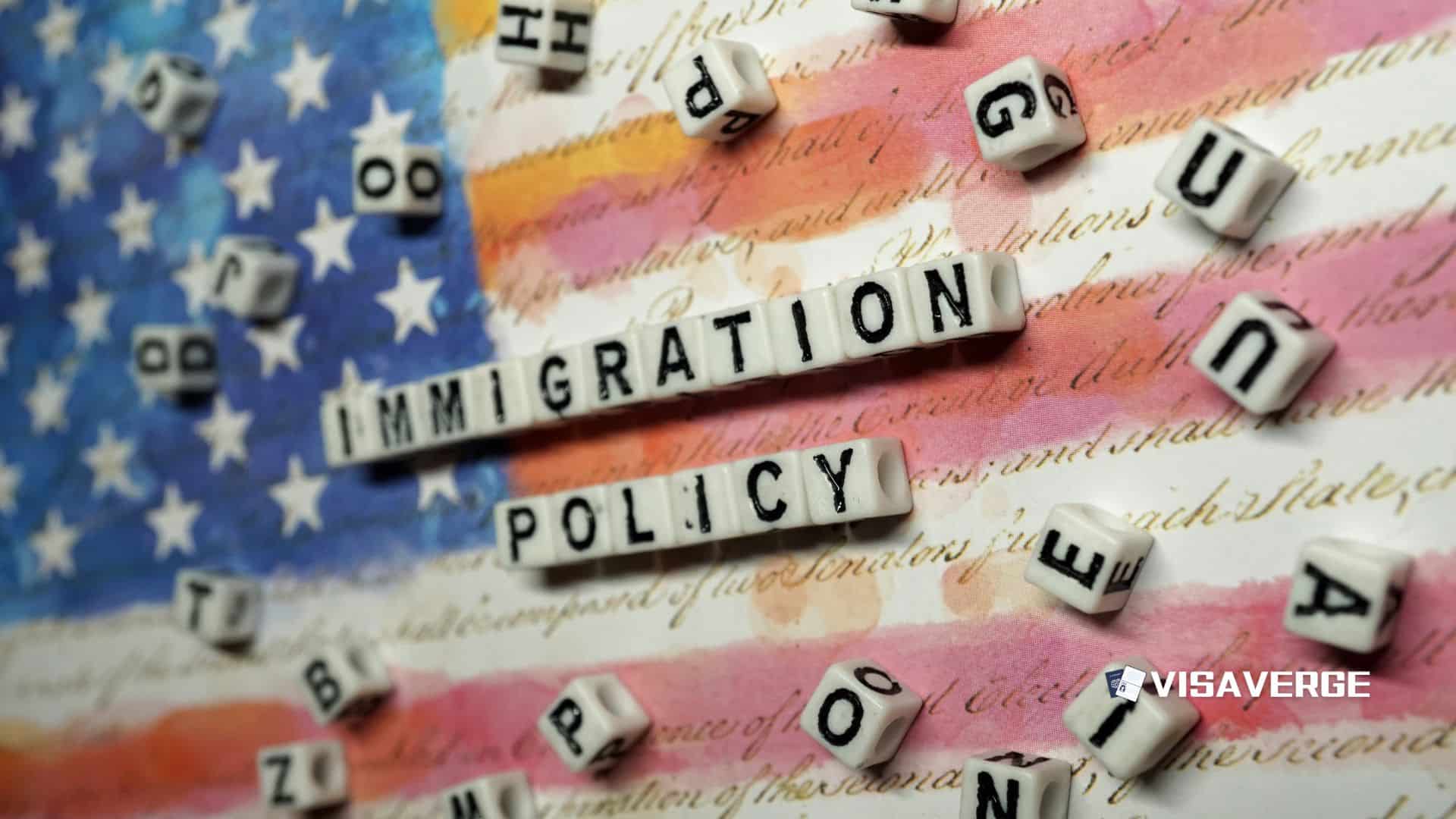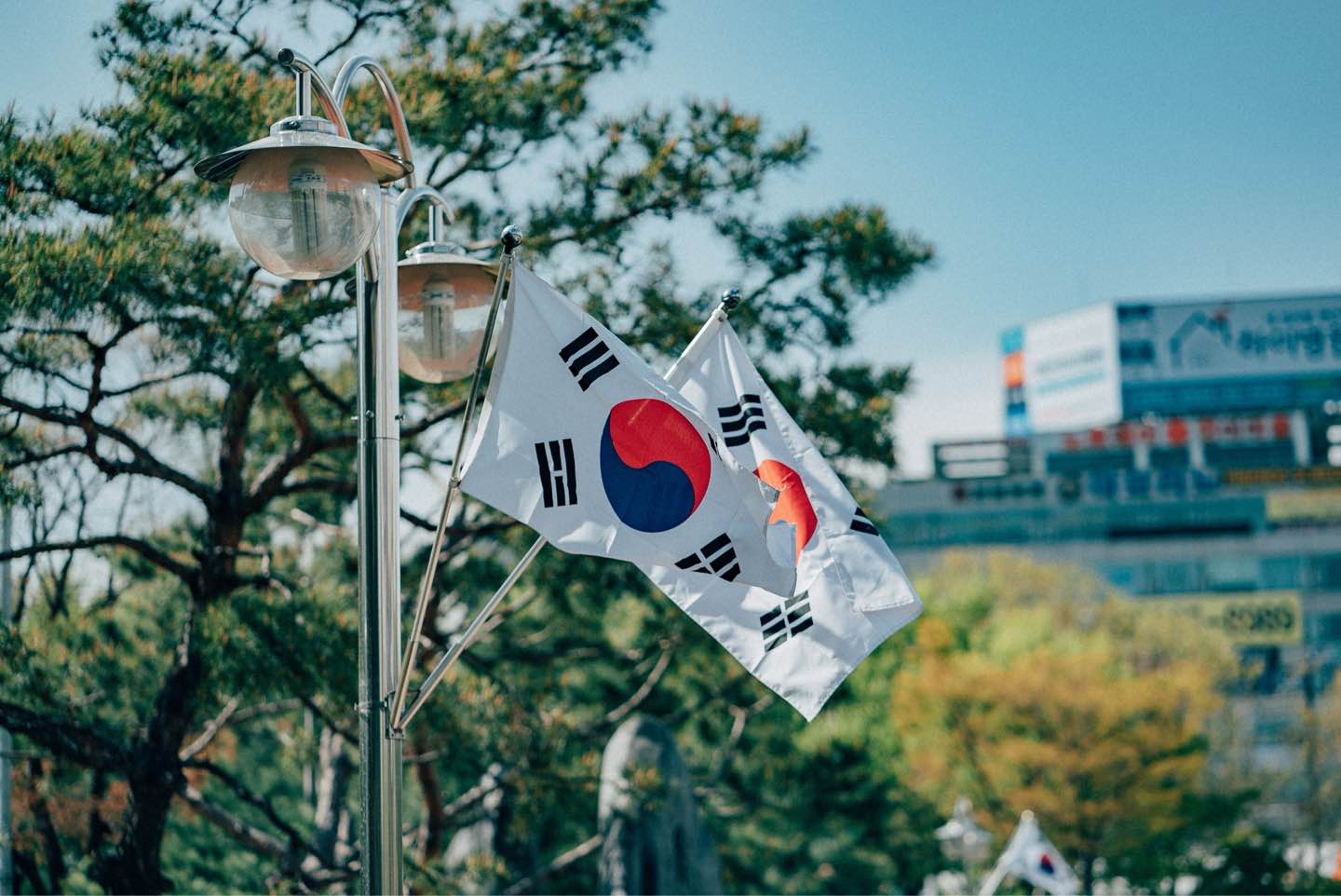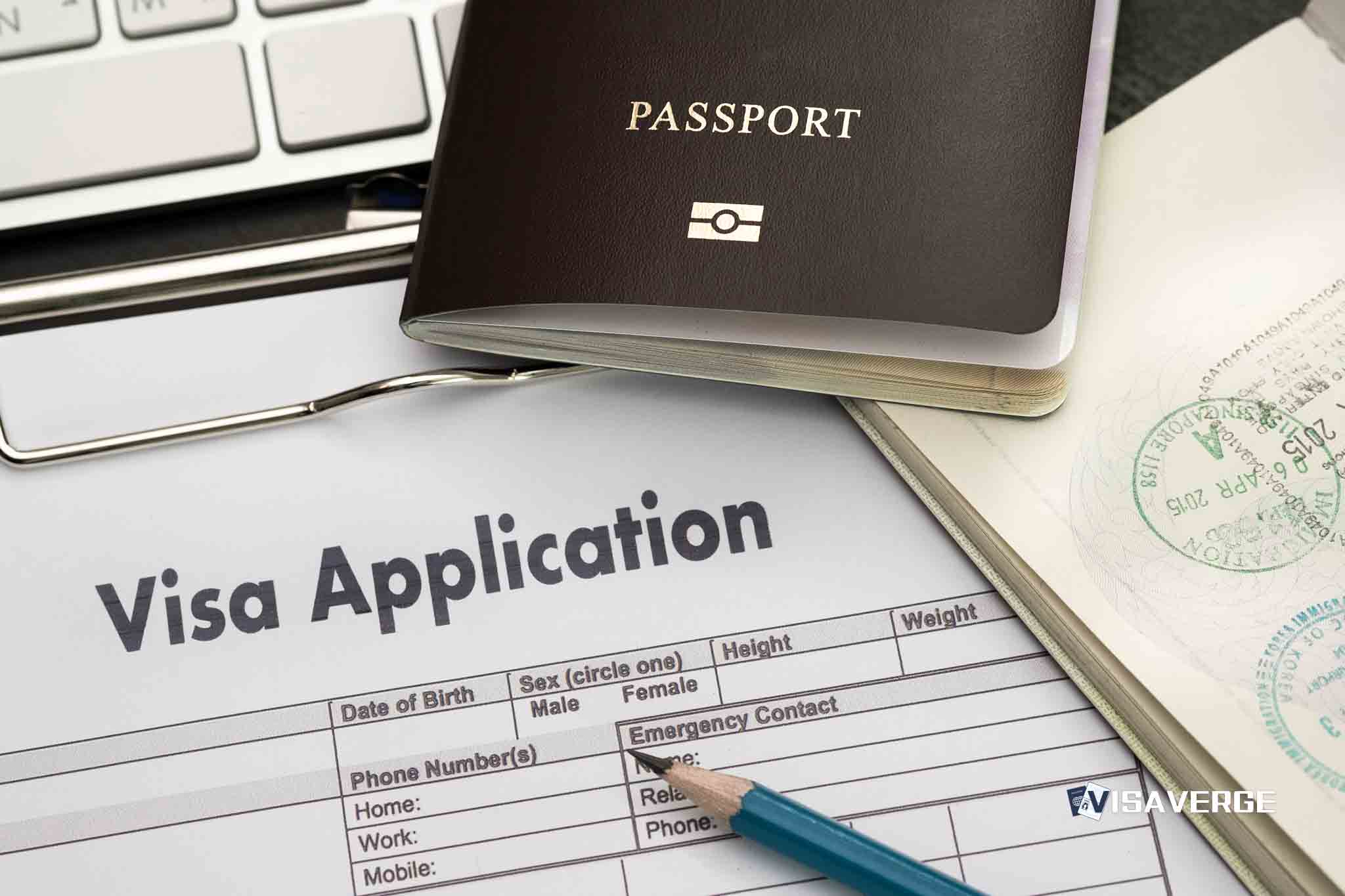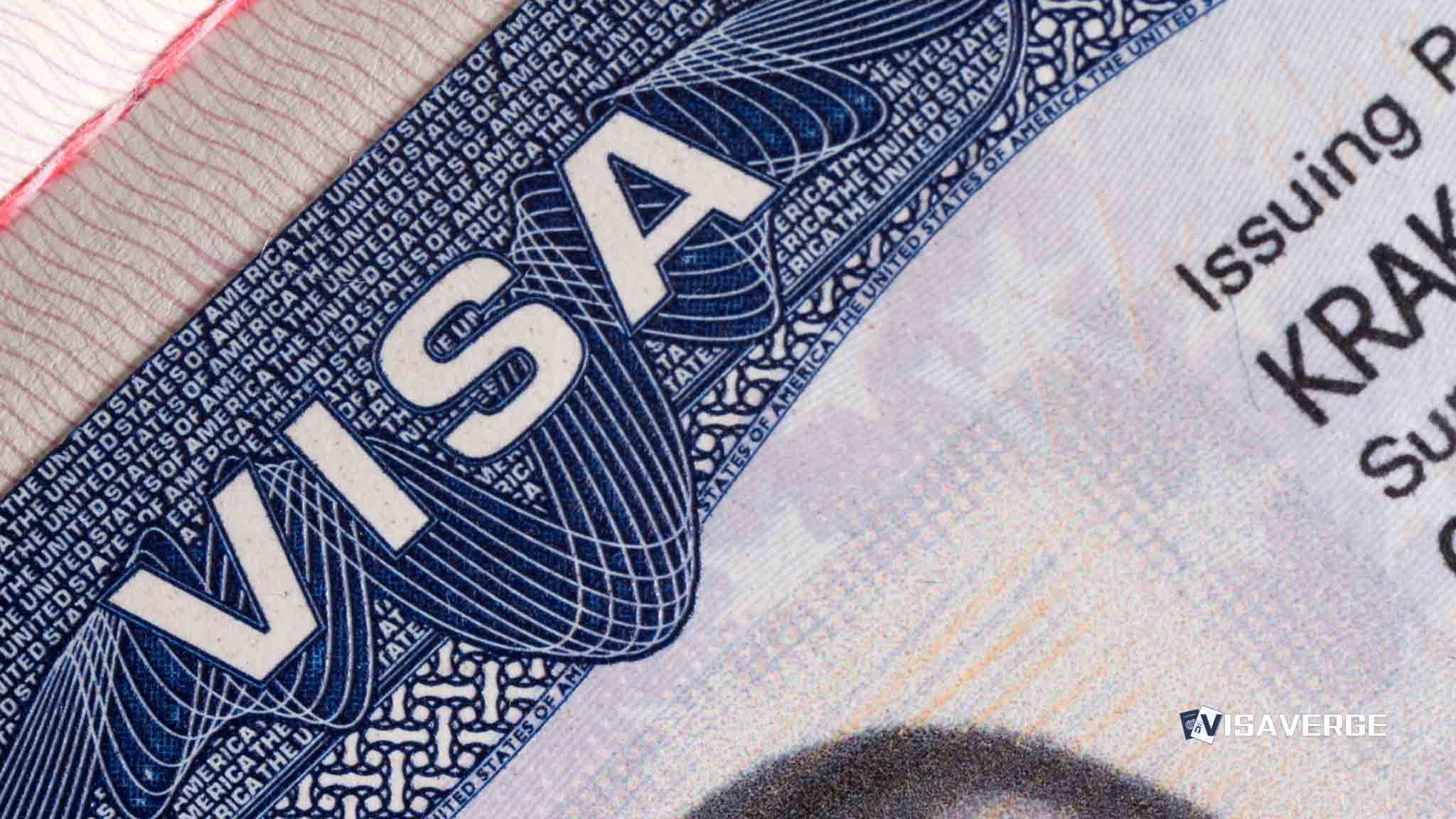Key Takeaways
• Bangladesh removed security clearance for Pakistani business visas, effective immediately, simplifying access for business leaders.
• Online visa applications for Pakistani visitors to Bangladesh will launch in December 2025, streamlining the process.
• Bilateral trade is projected to surpass $1 billion in 2024-25, marking a major increase from previous years.
Bangladesh is taking important new steps to make it easier for Pakistani business leaders to visit. These changes are designed to support more trade and smoother economic connections between the two countries. This move opens up new possibilities for both Bangladesh and Pakistan, as they seek to increase trade and improve their working relationship after years of strict policies.
Bangladesh Eases Visa Policy: A Friendly Signal to Pakistani Business Leaders
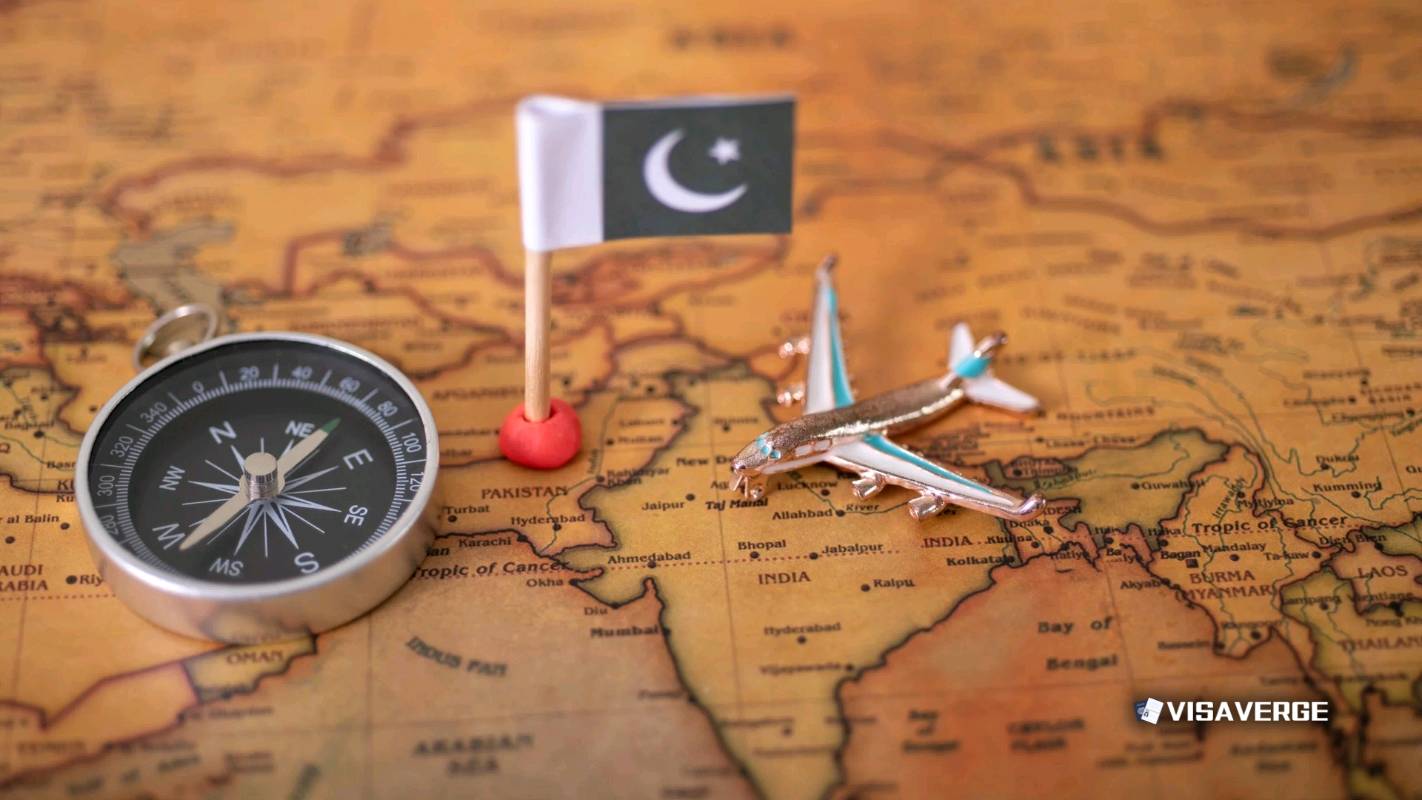
Bangladesh’s new approach focuses on improving access for business visitors. The government is removing hurdles that once made it hard for Pakistani business leaders to get visas. Now, the process will be much simpler and faster. As reported by VisaVerge.com, High Commissioner Iqbal Hussain Khan confirmed that important updates have taken place to help the business community from both countries.
Here are the biggest changes:
- Both countries are now giving visas for business delegations, making it easier for groups of businesspeople to travel and meet face to face.
- Bangladesh plans to introduce an online visa system in December 2025. This will let applicants apply and track their visa status from anywhere with internet access.
- The requirement for security clearance has been dropped. Since 2019, Pakistani applicants needed extra security checks before getting a Bangladeshi visa. This step is no longer required.
By making these changes, Bangladesh shows it sees Pakistan as more than just a neighbor. Bangladesh wants to see the entire region grow and develop faster. Officials hope that easier travel will lead to more trade, new projects, and stronger connections between people.
These improvements reflect a belief in stability and growth for the region, and show that Bangladesh wants more direct connections with Pakistani business leaders. The changes mean less paperwork, fewer delays, and a simpler process when planning a business trip.
Quick Facts: How Bangladesh’s Policy Shift Helps Trade
Easier visa access is just one part of a much bigger push for more trade. The numbers show why this move matters for both countries.
- Right now, trade between Pakistan and Bangladesh is about $700 million a year. Most leaders agree that this amount is very low compared to what might be possible.
- Bilateral trade between the two countries is expected to cross $1 billion during the 2024-25 fiscal year. This would be a big jump, showing that efforts to make trade easier are working.
- In just the first five months of the 2024-25 fiscal year, Pakistan exported $314 million worth of goods to Bangladesh. During that same time, Bangladesh sent $31 million in goods to Pakistan.
- For the first time in 50 years, direct trade has started back up again. In early 2025, the Directorate General of Food from Bangladesh signed a deal with the Trading Corporation of Pakistan to buy rice, moving 50,000 tons as part of a government-to-government agreement.
Business leaders in both countries are optimistic. By cutting back on visa restrictions, both governments are signaling that they want more trade, more business meetings, and more sharing of ideas.
Why Changing the Visa Policy Matters for Both Countries
Easier visa policies are a big deal for companies and entrepreneurs. When the rules are strict, it can be hard for business leaders to travel for meetings, billing, or checking up on investments. These hurdles often slow down deals, limit growth, and keep both countries from reaching their true trade potential.
The new visa policy also matters because:
- It removes a sense of distance and mistrust between two important South Asian economies.
- It offers companies in sectors like chemicals, IT, leather, and building materials a better chance to find new markets or partners.
- It encourages more business delegations to travel, which can lead to joint ventures and bigger deals.
- By making business travel easier, companies big and small can find new suppliers, buyers, or investment options.
Pakistani business leaders, in particular, will now be able to plan trips and organize business activities without worrying about long delays for visas or the need to go through complex security processes. This opens up chances for meetings, trade shows, and face-to-face negotiations, which are key for building lasting business relationships.
A Broader Thaw: More Than Just Visas
The decision to improve visa rules is not happening in a vacuum. It’s part of a much wider improvement in diplomacy between Bangladesh and Pakistan. This friendship is built on several new measures:
- After Sheikh Hasina stepped down as Bangladesh’s Prime Minister last year, the two countries began to see more positive discussions.
- Pakistan introduced its own changes, letting citizens from 126 countries—including Bangladesh—visit without paying a visa fee.
- At Bangladesh’s Dhaka airport, officials have removed the extra “security desk” that used to check on Pakistani travelers.
- Bangladesh has stopped strict physical inspections on packages and shipments coming from Pakistan.
- There is a plan to start direct flights for passengers and cargo again in the next few months. This will make it even easier for people and products to move between the two countries.
These efforts go together with the new visa policy to create a friendlier environment for trade, investment, and tourism. GTCCI President Bau Muneer underlined the importance of this relationship, saying that Pakistan and Bangladesh are the two biggest economies in SAARC after India. With Bangladesh’s GDP at $437 billion and Pakistan’s at $373 billion, both countries have a major opportunity to make trade work for everyone in the region.
Changing Rules, Big Opportunities: What Sectors Will Benefit?
As these changes take effect, leaders and companies in both countries are looking at new areas to grow together. Talk has started about the chance to do more business in industries where both Bangladesh and Pakistan have experience or strong demand.
Some sectors that stand out include:
- Chemicals: Both countries have large industries and ongoing demand for imported raw materials and finished products.
- Information Technology (IT): With a growing tech workforce and new companies on both sides, there’s room to share know-how and do joint projects.
- Leather goods: Bangladesh and Pakistan both have big tanning and leather industries, so there may be room for trade in finished goods or parts.
- Cement clinkers and other building materials: As both countries build more, demand for cement, steel, and other products could support two-way trade.
The hope is that with easier travel, business owners and managers can visit factories, talk with potential partners, or visit trade shows. This will help both countries find the best products and services available.
What Do the Numbers Say? Crunching the Trade Data
When looking at the numbers from the past few years, it is easy to see why both governments want things to change. In the 2024-25 fiscal year so far:
- Pakistani exports to Bangladesh have already reached $314 million in just five months.
- Bangladeshi exports to Pakistan have been smaller—around $31 million in that same stretch.
- The rice trade deal, moving 50,000 tons from Pakistan to Bangladesh, is a sign that both governments are serious about direct trade.
These numbers help show the “trade gap” between the two. Experts say these numbers are low compared to what is possible. With friendlier rules and direct connections by air or sea, both sides expect trade to pass $1 billion soon.
For more information about official visa procedures in Bangladesh, you can visit the official Bangladesh Department of Immigration & Passports website. This is where you can check current requirements, find forms, and look up other policies as new systems are launched.
The View from the Business Community
Members of the business community are reacting positively. They see this as a chance for more people to travel for business without hassle. They hope that by cutting away outdated rules, both sides will see more deals happen more quickly.
Pakistani business leaders have said that the old visa system was a serious obstacle. They had to wait for security clearance, submit more paperwork, and sometimes face unexplained delays. With that barrier gone, they expect business trips and partnerships to grow in number.
Bangladeshi leaders are also excited. With direct flights returning and fewer checks on cargo, they hope to send more products to Pakistan, boosting jobs and investment back home. The removal of the special security desk at the airport is seen as a sign that both sides are now more trusting.
Looking Ahead: Challenges and Hopes
While these updates are positive, some challenges remain. The business community points out a few issues to watch:
- Online visa systems need to be simple and reliable for all users.
- Both governments must keep up with the pace of requests as trade grows.
- Customs and shipment processing should also remain smooth to avoid delays.
Business leaders want to see quick action on new flights and more trade agreements to build on this progress. It will take ongoing effort and trust from both sides to keep this positive trend moving.
Regional Impact: What It Means for South Asia
Beyond just Bangladesh and Pakistan, these changes could set an example for other South Asian countries. Easing visa requirements and supporting trade make it easier for people, goods, and ideas to move from one place to another. As these two countries take steps toward closer ties, others in the region may think about doing the same.
When economies work together, everyone wins. More open borders for business help fight poverty, create jobs, and make daily life better for regular people. Countries that trust and trade with each other often keep the peace and invest in shared projects like energy or transport.
The Bigger Picture: Diplomacy Meets Trade
It’s clear that the changes in the visa policy are not just about paperwork. They are also about trust, hope, and a desire to build something new. By making it easier for business leaders to meet and trade, Bangladesh and Pakistan are trying to turn the page on past tensions.
High Commissioner Iqbal Hussain Khan summed it up well: Bangladesh is looking for stability and growth not just for itself, but for the whole region. By opening the door to more trade, easier travel, and new friendships, both countries hope to enjoy more success together.
Key Takeaways: What Should You Expect Next?
- Bangladesh has made its visa policy easier for Pakistani business leaders to support more trade and investment.
- With new systems like online visas and the end of security clearance, business visitors from Pakistan will find it quicker and easier to get into Bangladesh.
- Both countries are moving toward a friendlier relationship and more two-way trade, with officials hopeful that numbers will beat past records.
- Steps like removing extra airport checks, starting direct flights, and increasing government deals show real commitment on both sides.
- Companies and entrepreneurs in both countries should see more chances for growth, networking, and cooperation in many industries.
If you are a businessperson looking at new trade opportunities between Bangladesh and Pakistan, or simply interested in global economic changes, now is the time to pay attention. With friendlier rules and a direct focus on making trade easier, this year may be the start of a successful new chapter for both countries and the wider region.
Learn Today
Security clearance → A background check or approval previously required for Pakistani visa applicants traveling to Bangladesh for security reasons.
Bilateral trade → Exchange of goods and services directly between two countries, in this case, Bangladesh and Pakistan.
Business delegation → A group of business professionals traveling together, often for meetings, negotiations, or trade-related activities abroad.
Online visa system → A digital platform where applicants can apply for and track their visa status via the internet.
SAARC → South Asian Association for Regional Cooperation, a regional intergovernmental organization and geopolitical union in South Asia.
This Article in a Nutshell
Bangladesh has made significant changes to its visa policy for Pakistani business leaders, removing security clearance and promising an online system by December 2025. These measures aim to increase trade, cooperation, and business travel, with bilateral trade expected to cross $1 billion during the 2024-25 fiscal year. Opportunity now awaits.
— By VisaVerge.com
Read more:
• Catch and Revoke rule put H-1B and F-1 visa holders at greater risk
• Canada Travel Visa rules tightened to limit short-term entry options
• Schengen Visa rejection rate drops for Turkish applicants in 2024
• Harprit Singh detained at India-Nepal border over lack of valid visa
• Germany leads Schengen visa approval for Indian travelers in 2025










